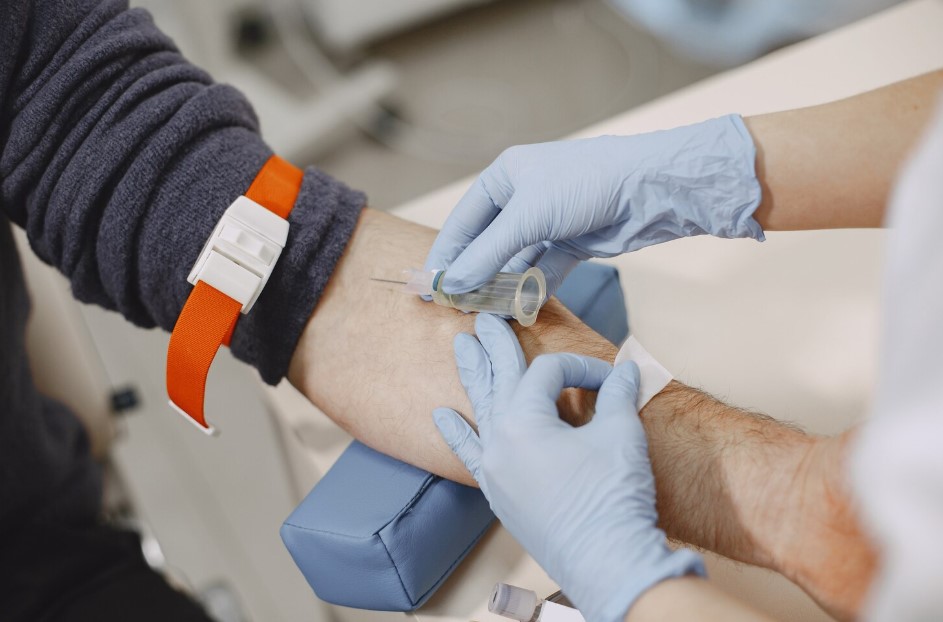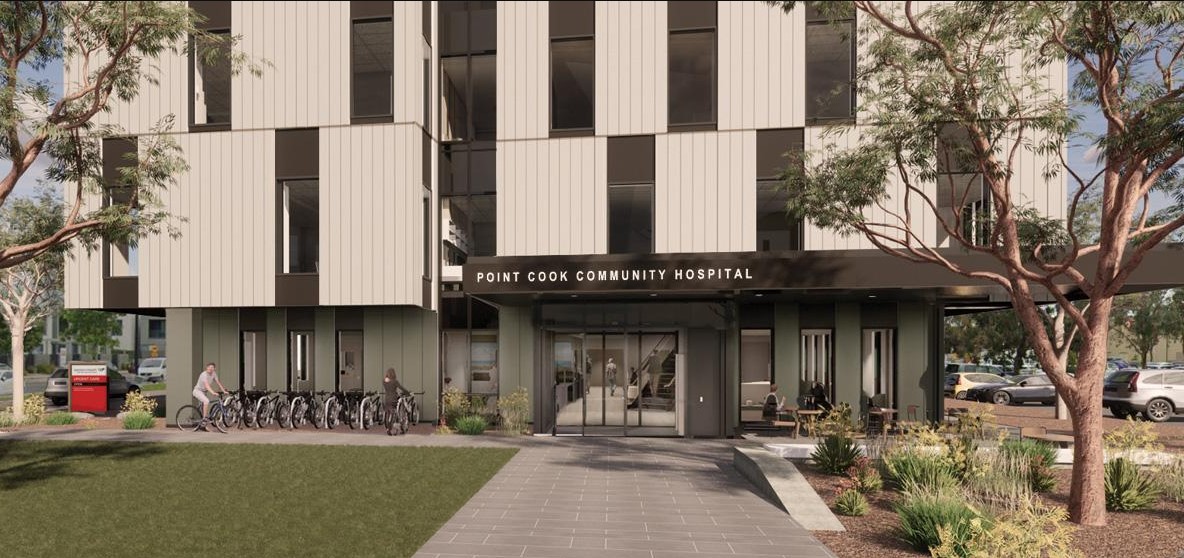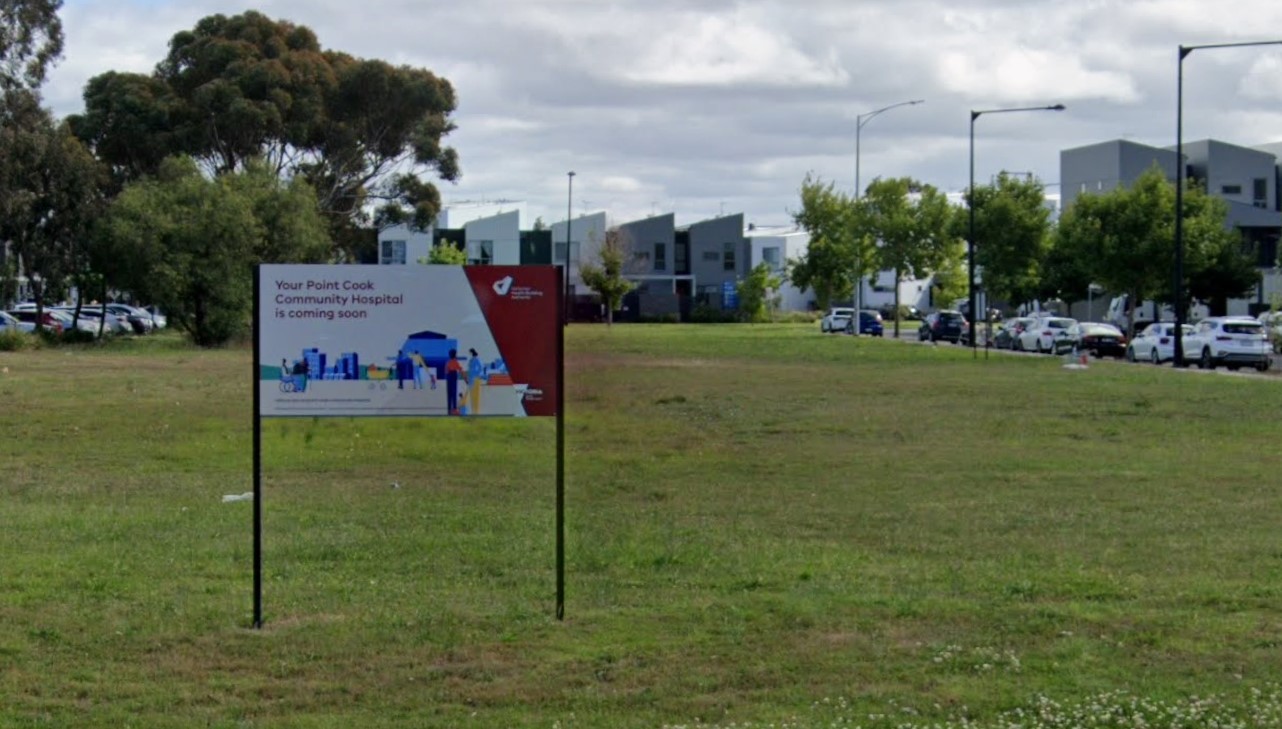16
Aug 2024
Gold Coast Woman Endures Long Wait for Knife Removal Surgery
Published in News on August 16, 2024

A Gold Coast woman endured a distressing delay at the Gold Coast University Hospital as she awaited emergency surgery to remove a knife lodged in her back. The incident has sparked concerns about the efficiency of emergency medical services and the strain on hospital resources.
Emergency Situation
The woman, whose identity has not been disclosed, was brought to the Gold Coast University Hospital following a violent incident in which a knife was embedded in her back. Despite the urgency of her condition, she faced a prolonged wait before receiving the necessary surgical intervention. The delay has highlighted critical issues within the hospital's emergency care system, including the impact of high patient volumes and limited surgical resources.
According to hospital sources, the woman arrived in severe pain and required immediate medical attention. However, her surgery was delayed for several hours due to the overwhelming number of emergency cases and a shortage of available operating rooms. This delay not only intensified her suffering but also raised questions about the hospital’s capacity to handle emergencies promptly.
Hospital’s Response
Hospital administrators have acknowledged the difficulties in managing emergency cases under current conditions. They explained that the delay resulted from an exceptionally high volume of critical cases at the time, coupled with a shortage of operating room availability. The hospital has emphasized its commitment to patient care and is working to address these issues to improve response times in the future.
Implications for Patient Care
The situation underscores healthcare facilities' challenges in providing timely care during peak periods. Delays in emergency surgeries can have profound implications for patient health, potentially leading to complications and prolonged recovery times. The Gold Coast University Hospital is reviewing its procedures and resources to better manage such situations and minimize waiting times for urgent cases.
Comparison with Other Healthcare Systems
In comparison, hospital stays and accommodations in Queensland, including the Gold Coast, are generally well-regarded for their comfort and quality. States' Facilities strive to offer a range of accommodations to meet various patient needs. For instance, hospitals in Queensland often provide options for both public and private patients, with private hospitals offering amenities such as private rooms, personalized care, and enhanced privacy. This contrasts with the challenges faced in emergencies, where resources are stretched thin and timely interventions are critical.
Efforts to Improve
To address the issues highlighted by this incident, the Gold Coast University Hospital is implementing several measures to improve emergency care. These include expanding surgical facilities, increasing staffing levels, and enhancing coordination between emergency and surgical teams. The goal is to ensure that patients receive prompt and effective care, even during periods of high demand.
Community Impact
The incident has resonated within the Gold Coast community, raising awareness about the pressures faced by local healthcare providers. Community leaders and health advocates call for increased investment in emergency care infrastructure and resources to better support hospitals during peak times.
Looking Forward
As the Gold Coast University Hospital works to resolve these issues, it remains dedicated to providing high-quality care to its patients. The hospital’s efforts to improve its emergency response capabilities reflect a broader commitment to enhancing healthcare services across Queensland.
In summary, the Gold Coast woman's extended wait for knife removal surgery highlights significant challenges in emergency medical care. While hospitals in Queensland, including those on the Gold Coast, generally offer high-quality accommodations and services, incidents like this reveal the need for ongoing improvements in emergency care systems. By addressing these challenges, healthcare providers aim to enhance patient outcomes and ensure timely and effective care for all.









